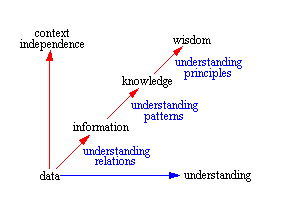http://wikip.blogspot.com/search/label/sociology
Quoting:
"....a generalized unit of contributor motivation called a kitten.
1 kitten = the amount of motivation needed to get 1 person to spend 1 minute trying to improve an articleWe can say, quite literally, that Wikipedia runs on kittens. In fact, entrepreneurs discover this every day when they try to start a "crowdsourcing" site and nobody shows up. So, what generates kittens? Foremost, it's the possibility of someone else learning from what you wrote -- not just immediately, but at any time in the future"
Kittens are born when there is a perception that the words one write will survive for some time.... something like this, to go by
Number of views on a given day = (Number of views per day).(Chance of surviving one day) ^ (Number of Days that have passed)
 With a 1-in-ten-thousand chance of being destroyed each day, the article will rack up exactly seven million views over its lifetime.
With a 1-in-ten-thousand chance of being destroyed each day, the article will rack up exactly seven million views over its lifetime.Like the author says - thats a LOT of kittens!


 The idea is that information, knowledge, and wisdom are more than simply collections. Rather, the whole represents more than the sum of its parts and has a synergy of its own.
The idea is that information, knowledge, and wisdom are more than simply collections. Rather, the whole represents more than the sum of its parts and has a synergy of its own.